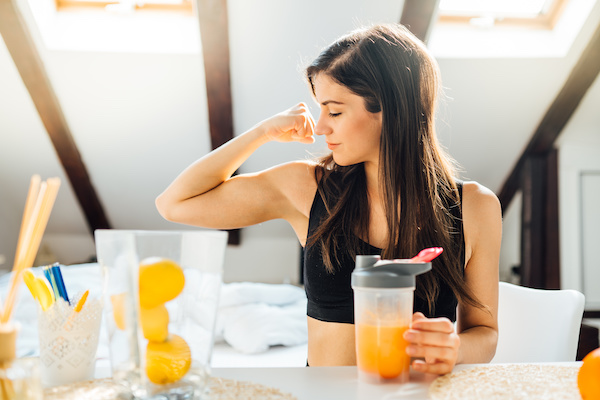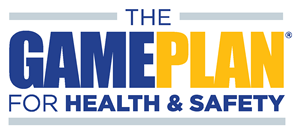
Wishing all of our members a happy and HEALTHY New Year! Although we have the added stress of contracting COVID-19 this year, don’t forget it’s also cold and flu season so we really need to keep our immunity in tip-top shape. What are the best ways to be proactive and protect our immune systems?
Wash Your Hands Often. Germs can be transmitted by physical contact or through the air. Most effective is washing hands with soap and water OFTEN. Before and after meals, after using the bathroom, when returning home, after touching surfaces others have touched. This significantly reduces the chance of catching a virus. Use of hand sanitizers is also effective. Make sure they are 80% alcohol based.
Moderate Your Alcohol Intake. Research has shown that consuming excess alcohol can tamper with your immune system by slowing it down, making white blood cells sluggish and much less efficient. This can occur even with just one binge drinking episode.
Nutrition. 80% of your immune system is in your gut. Eat a diet rich in fiber, vegetables, fruits, whole grains, healthy fats and oils, probiotics (fermented foods), and fresh herbs.
Zinc, Vitamin C, and Vitamin D3. Your immune system is much better prepared to fight if you have optimal levels of these vitamins. Eating foods rich in vitamins and minerals is the best way and supplementing can also be beneficial.
Stay Hydrated. Doctors recommend we drink about eight glasses of water a day to stay healthy. Water helps the kidneys function properly and flushes out the toxins that accumulate in our bodies. It's also good to include healthy teas with lemon and honey (raw, Manuka).
Make Sleep a Priority. Lack of quality sleep makes us more prone to infection. Studies show our T‐cells go down and our inflammatory process goes up. This could potentially lead to a greater risk of catching a virus. Sleep deprivation suppresses immune system function.
Exercise Regularly. Regular moderate exercise increases lymphocytes in the bloodstream, which help your bodies scavenge foreign invaders such as bacteria and viruses. Regular exercise can keep these soldier cells working hard at protecting us from infection for several hours after your workout, but if you exercise too much, it can lower the number of protective cells.
Keep Warm. Being out in the cold does not cause a cold, but shivering depresses the immune system, and this makes us more likely to catch colds. Also, lower levels of sunlight during late fall and into winter can alter levels of hormones such as melatonin and serotonin, which negatively affect how the immune system works.
